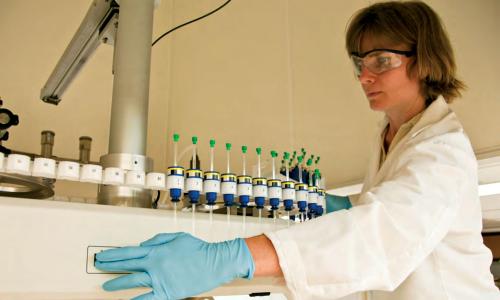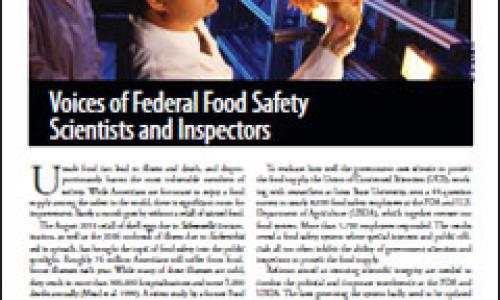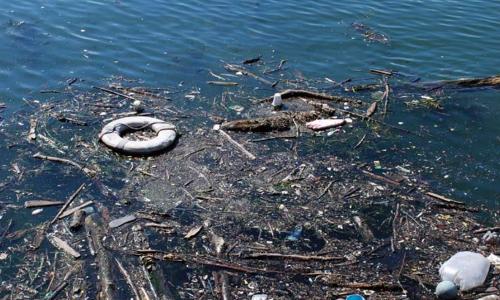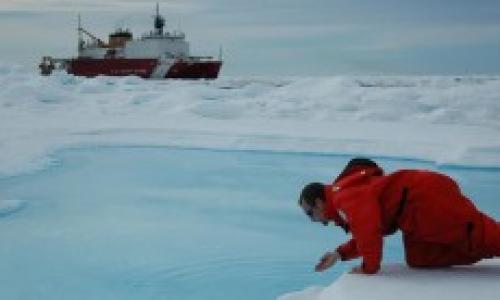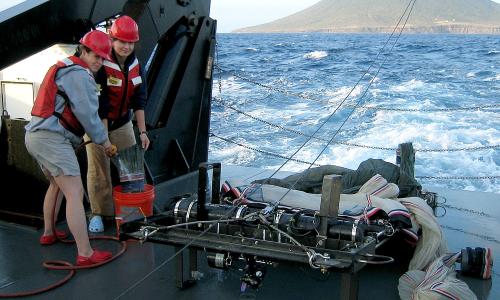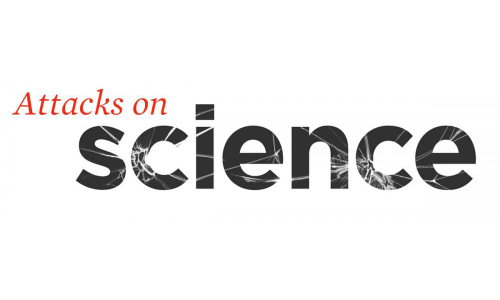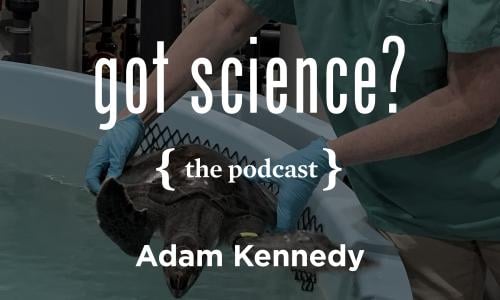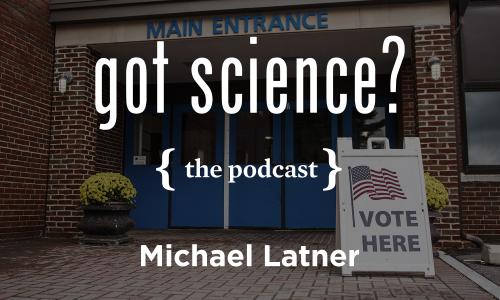In the years following the 2004 Scientist Statement on Scientific Integrity, the UCS Scientific Integrity Program set out to document the problem of political interference in federal science. In addition to dozens of investigative case studies, the program has conducted a series of surveys of scientists at federal agencies over the years, asking them to describe their own experience of issues like interference, suppression, and whistleblower intimidation.
The surveys have included several of the agencies whose mission is most directly dependent on the work of scientists—such as the Food and Drug Administration (FDA), Environmental Protection Agency (EPA), U.S. Department of Agriculture (USDA), U.S. Fish and Wildlife Service (USFWS), and National Oceanographic and Atmospheric Administration (NOAA)—as well as a survey of climate scientists across multiple agencies.
The results have affirmed the depth and prevalence of scientific integrity problems in government, and helped bolster the case for reform.
The 2022 survey is currently being conducted; we'll update this page when it's complete.
Science Under Trump: Voices of Federal Scientists across 16 Agencies (2018)
A survey of scientists at 16 federal agencies, conducted by Union of Concerned Scientists and Iowa State University in early 2018, shows significant challenges to the development and use of science at some federal agencies under the Trump adminisration, including censorship and self-censorship, political interference in scientists’ work, low morale, decreased agency effectiveness, and dwindling resources. Read more. >
Progress and Problems: Government Scientists Report on Scientific Integrity at Four Agencies (2015)
To assess the impact of Obama administration scientific integrity reform initiatives, we surveyed scientists at four agencies: the Centers for Disease Control and Prevention (CDC), the Food and Drug Administration (FDA), the Fish and Wildlife Service (FWS), and the National Oceanic and Atmospheric Administration (NOAA). The results show that while some progress has been made, much more work remains to be done. Read more >
Voices of Scientists at the FDA: Measuring Progress on Scientific Integrity (2012)
Five years after the original FDA survey (see below), UCS surveyed the agency again to see what progress had been achieved by recent scientific integrity reform efforts. The verdict was hopeful, but mixed: respondents reported more confidence in the agency's leadership and its ability to effectively protect the public. But concerns remained about scientists' ability to communicate freely, about corporate and political interference, and about overall transparency and accountability. Read more >
Voices of Federal Food Safety Scientists and Inspectors (2010)
To evaluate how well the government uses science to protect the food supply, the Union of Concerned Scientists (UCS), working with researchers at Iowa State University, sent a 44-question survey to nearly 8,000 food safety employees at the FDA and U.S. Department of Agriculture (USDA), which together oversee our food system. More than 1,700 employees responded. The results reveal a food safety system where special interests and public officials all too often inhibit the ability of government scientists and inspectors to protect the food supply. Read more >
Voices of EPA Scientists (2007)
The U.S. Environmental Protection Agency (EPA) has been given the simple yet profound charge "to protect human health and the environment." To evaluate how the EPA uses science in its decision making, the Union of Concerned Scientists and the Center for Survey, Statistics & Methodology at Iowa State University distributed a 44-question survey to nearly 5,500 EPA scientists during the summer of 2007. Almost 1,600 scientists responded. The results show an agency under siege: hundreds of scientists reported political interference in their work, significant barriers to the free communication of scientific results, and concerns about the agency's effectiveness. Read more >
Voices of Federal Climate Scientists (2006)
In the summer of 2006, the Union of Concerned Scientists distributed surveys to more than 1,600 climate scientists working at seven federal agencies and the independent National Center for Atmospheric Research (NCAR), asking for information about the state of climate research at federal agencies. Scientists' responses indicated a high regard for the quality and integrity of federal climate research itself, but also identified broad and substantial interference in their work. Read more >
Voices of Scientists at the FDA (2006)
The U.S. Food and Drug Administration (FDA) is responsible for protecting and advancing public health through the regulation of drugs, food, medical devices, cosmetics, and the blood supply—including products that, according to the FDA, account for 25 cents of every consumer dollar spent.
In 2006, the Union of Concerned Scientists (UCS) and Public Employees for Environmental Responsibility (PEER) distributed a 38-question survey to 5,918 FDA scientists to examine the state of science at the FDA. The results paint a picture of a troubled agency: hundreds of scientists reported significant interference with the FDA's scientific work, compr
Survey: NOAA Fisheries Scientists (2005)
The Union of Concerned Scientists (UCS) and Public Employees for Environmental Responsibility (PEER) distributed a 34-question survey to more than 460 NOAA Fisheries biologists, ecologists, botanists and other science professionals working in headquarters and regional and field offices across the country to obtain their perceptions of scientific integrity within the agency, as well as political interference, resources and morale. Read more >
Survey: U.S. Fish & Wildlife Service Scientists (2005)
In 2005, the Union of Concerned Scientists (UCS) and Public Employees for Environmental Responsibility (PEER) distributed a 42-question survey to more than 1,400 USFWS biologists, ecologists, botanists and other science professionals working in Ecological Services field offices across the country to obtain their perceptions of scientific integrity within the USFWS, as well as political interference, resources and morale. Nearly 30 percent of the scientists returned completed surveys, despite agency directives not to reply—even on personal time. Read more >


